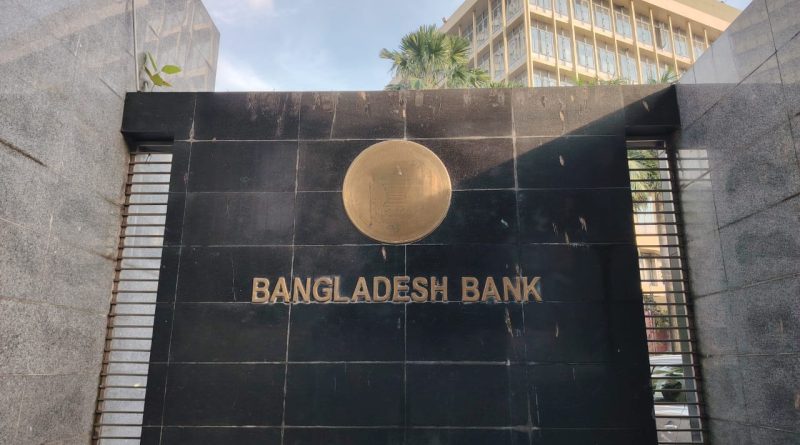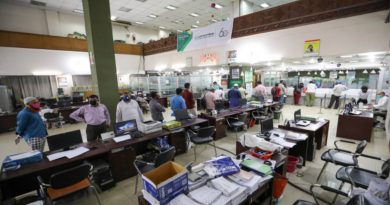Bangladesh Bank has issued a master circular on export, consolidating all existing regulatory instructions into a single reference document aimed at streamlining export operations and facilitating trade. The circular issued on July 31, 2025 will remain valid for one year from its issuance.
Divided into several parts, the circular covers – general export procedures; exports from specialized zones including EPZs, Economic Zones, and Hi-Tech Parks; safeguards for trade transactions; export under open account; export of services such as IT-enabled services (ITES); e-commerce–based exports; entre-pot and merchanting trade; etc.
By bringing these diverse areas under one regulatory framework, Bangladesh Bank aims to eliminate procedural ambiguities and promote greater efficiency and compliance across the export sector.
Industry insiders have lauded the move, noting that the consolidation will improve clarity for exporters and authorized dealer banks, especially in navigating foreign exchange regulations. ‘The circular brings long-awaited clarity,’ said a senior executive of a leading export-oriented conglomerate. ‘It allows exporters to act more decisively, without the need to consult with multiple circulars.’
The circular also reflects regulatory updates in line with evolving global trade dynamics, including guidance on digital service exports and online sales platforms. Exporters and bankers alike see it as a timely step toward simplifying operational processes and supporting export growth.
Stakeholders have called upon the central bank to replicate this model for other key regulatory domains, such as import procedures, outward remittance rules, foreign borrowings, and foreign direct investment (FDI) guidelines. A consolidated approach in those areas, they argue, would further enhance policy transparency and ease of doing business.
This move aligns with Bangladesh Bank’s broader regulatory modernization agenda, aimed at creating a trade-friendly ecosystem through structured, up-to-date, and business-responsive foreign exchange management.






